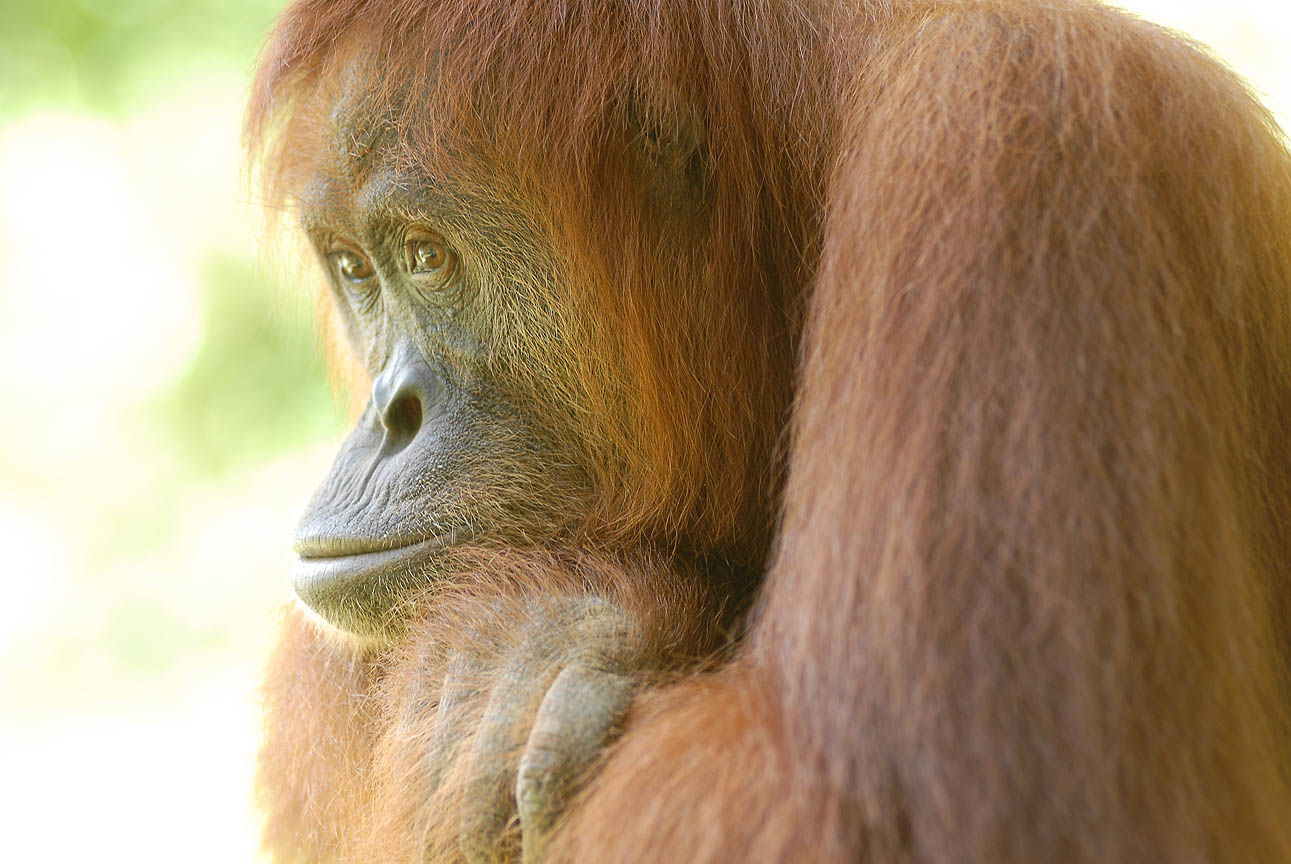Peat swamp forests are globally important ecosystems found in relatively small areas of the planet. Around 80% of the world’s peat swamps are found in Indonesia, and we support the OIC restoration team to protect and restore some of this vital peatland at Singkil Swamp Wildlife Reserve.

Peat swamps are important because they store huge amounts of carbon in their soils – way more than other types of forest – and this has implications for regulating the global climate. Unfortunately, over the last few decades, large areas of peat swamp have been deforested and drained, releasing large amounts of their stored carbon into the atmosphere as carbon dioxide. In addition to the effect this has on climate change, the destruction of peat swamps also means habitat loss for species such as Sumatran orangutans and Sumatran tigers.
The photos above and below show part of the restoration process underway at Singkil. The teams in the photos are working on canal blocking – damming the areas where water is draining away from the peat to ensure the swamp stays wet, as drying out causes the peat to degrade and destabilises the trees growing in the forest. Dry peat is also extremely flammable, so re-wetting it is vital to prevent deadly forest fires.

Peatlands around the world are also under threat, and are often destroyed in the UK and Europe to provide peat for compost. Although there are many alternatives which work just as well in gardens, the continued sale of peat-based compost in shops and garden centres gives the impression that using peat is okay, or even preferred. In addition to supporting us to protect and restore peat swamps in Sumatra, you can make a big difference by pledging not to use peat-based compost and by sharing the alternatives with your networks as well.
You can help protect Sumatra's Orangutans. Click to get updates
